With many of us switching up our shopping habits to include more ethical choices, adopting a sustainable mindset could be just the selling point your property needs. But it’s going to take more than a few LED light bulbs to create that green dream. From upping your recycling game to investing in smart tech, here are eight ways you can shrink your home’s environmental footprint while increasing your profitability.
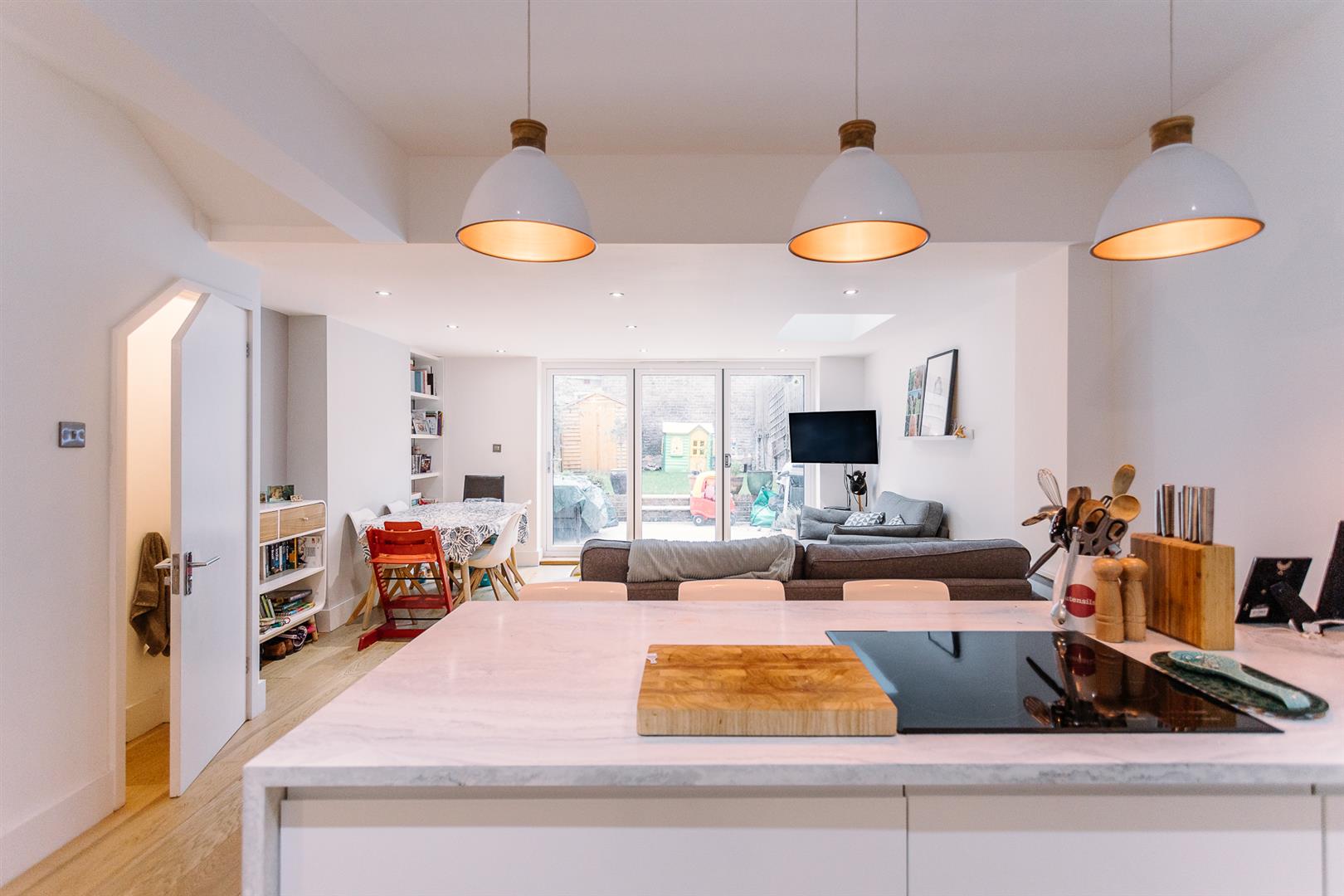
Don’t Play It Cool
A frosty reception might come across as ‘playing hard to get’ on a first date but the same tactic won’t work at house viewings. So if you want buyers to get the hots for your home, swap single glazing for triple, draft-proof windows and doors and insulate the loft. Is your property a rental? A well insulated pad equals happy tenants who will jump at the chance of extending their contract. Keeping the heat in will also do wonders for your EPC rating, which you can check here. The minimum requirement to be legally rented out is E but obviously you should shoot for an A (awarded to the most efficient properties with the cheapest fuel bills).
“Switching to a green energy supplier such as Bulb or Octopus is a no-brainer.”
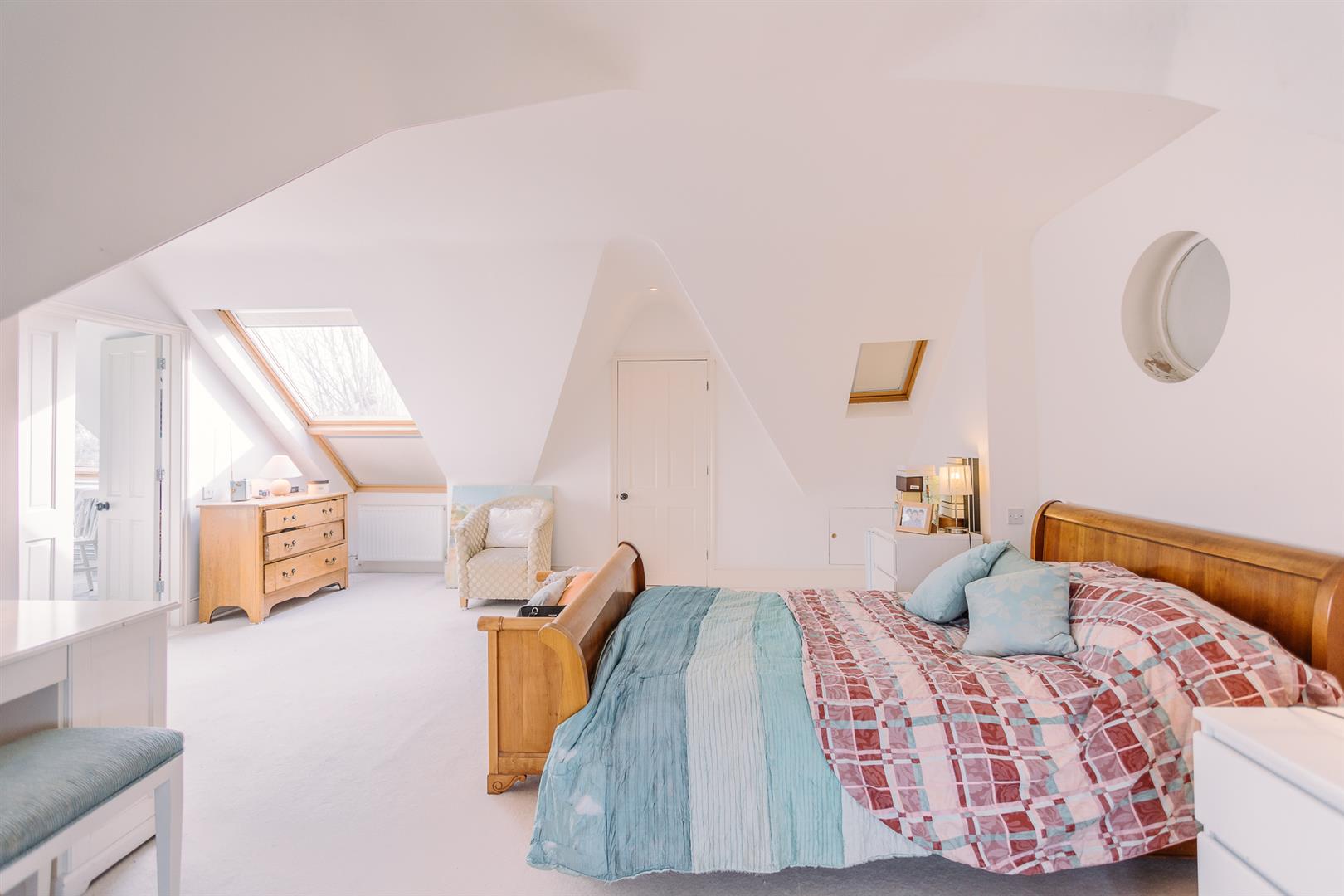
Set Water Saving #Goals
While the old adage ‘if it’s yellow, let it mellow’ won’t impress even the most eco-minded house hunters, installing water-saving gadgets will (especially if said gadgets mean lower bills in the long run). Thames Water delivers low-flow shower heads and nifty add-ons for your taps and toilet for free, so you can savour that precious aqua without spending a penny.
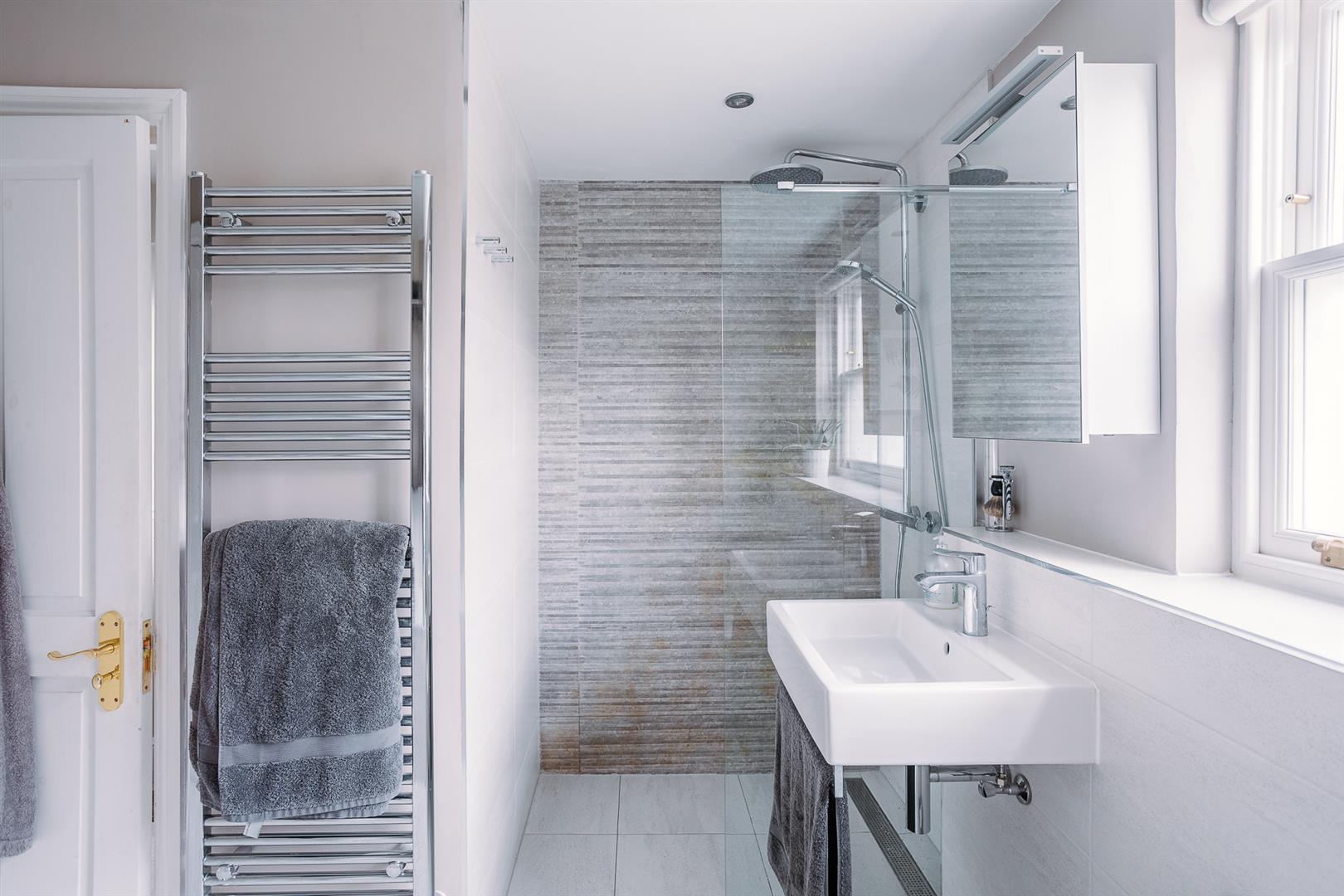
Embrace the Natural Look… on Your Walls
Thanks to Meghan Markle, interest in vegan paint (yes, this is a thing) has spiked. Apparently the Duchess favours natural, cruelty-free, eucalyptus-infused paint for her baby’s nursery – and we’re not knocking her for it. The traditional stuff is loaded with chemicals known as volatile organic compounds, which are a major source of air pollution and have even been linked to an increased risk of developing asthma, allergies and cancer. Thankfully, giving your walls a fresh lick of (non-toxic) paint no longer means sacrificing style. Earthborn’s eco-friendly, 72-strong palette will help you sell without harming your health. And at only £24 a pot, proves you don’t have to have the bank balance of a royal to shop like one.
Source: http://science.sciencemag.org/content/359/6377/760 & https://iaqscience.lbl.gov/voc-cancer
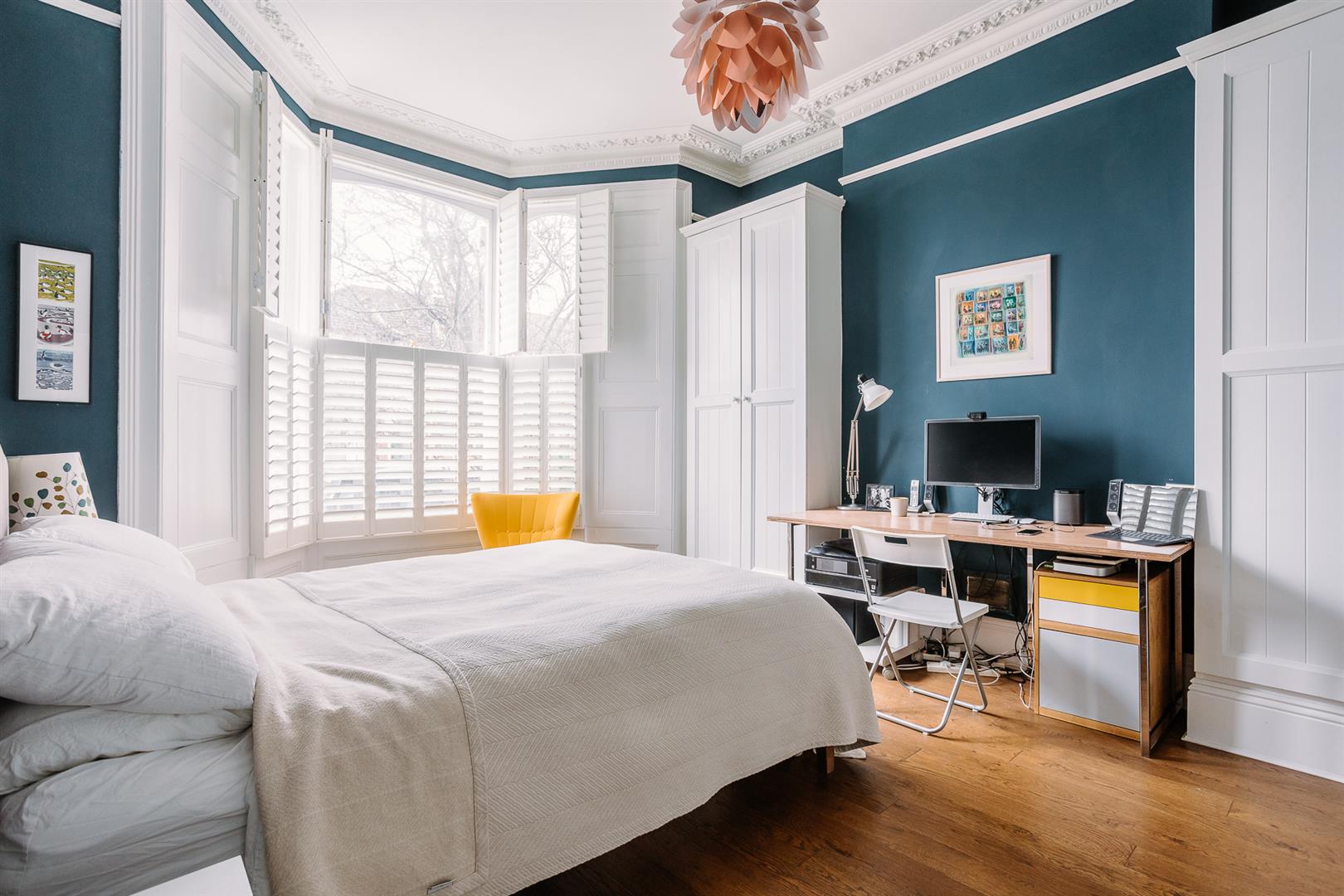
Give Your Pad the Marie Kondo Treatment
Clearing out anything that doesn’t “spark joy” (after thanking it, of course) could be good for your soul and profitability. Not least because prospective buyers enjoy picturing their own belongings in their potential new home. Instead of chucking everything in a skip destined for landfill, plan a trip to your local recycling centre or look into companies such as Clearabee, (which collects bulky items for free from seven north London boroughs) or Recono.me (a free London-wide electronic waste recycling service).
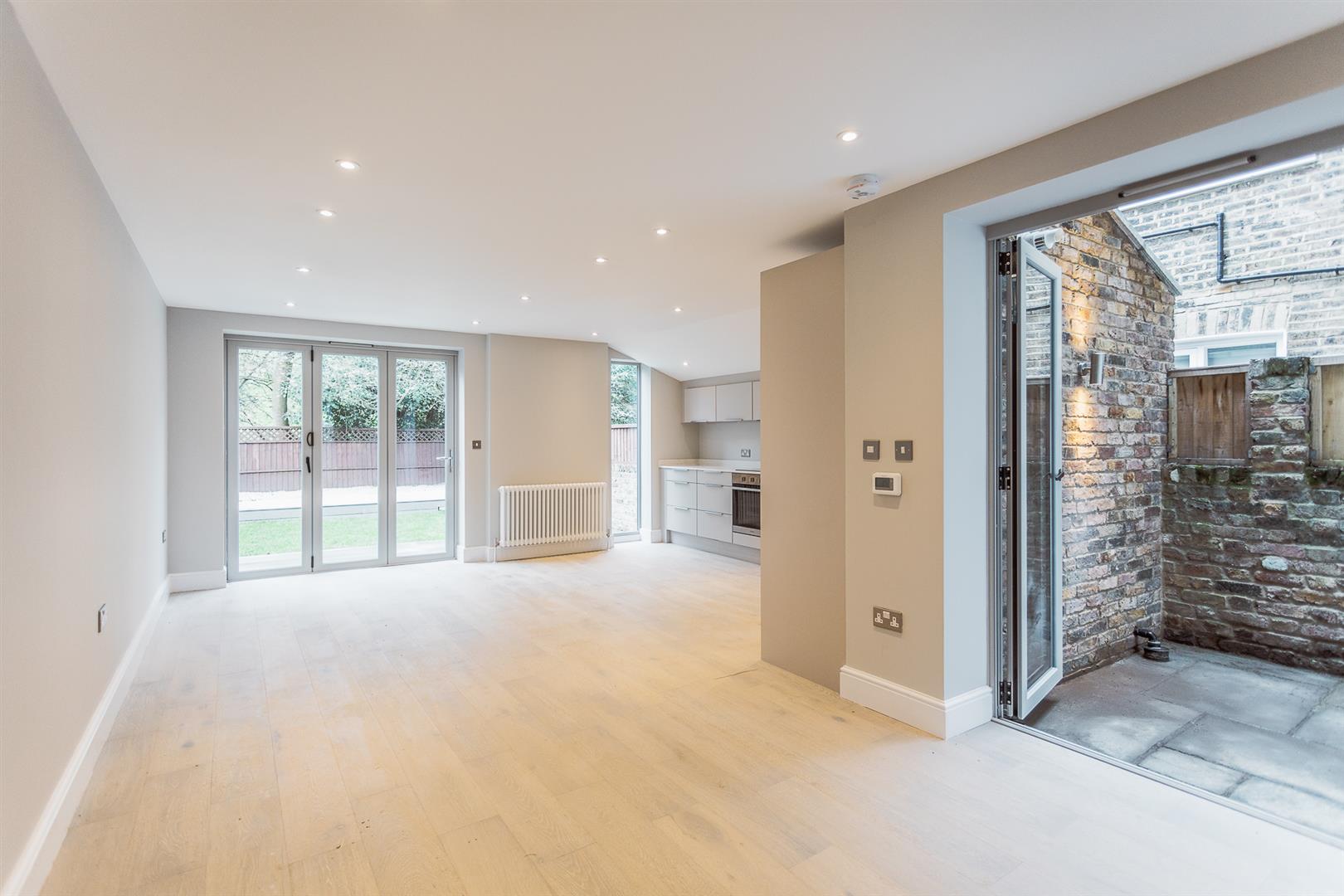
Get in the (Second Hand) Spirit
The right furnishings (especially in photos) can help a buyer picture a room’s assets and proportions. Dressing up bland spaces with preloved items will keep things on budget while preserving precious resources and halting the flow of furnishings to landfill. The British Heart Foundation, Freecycle and Freegle are good second-hand browsing options. Though if you absolutely have to buy something new, choose IKEA and B&Q – both score highly for their ethical and environmental record, according to a recent report by Ethical Consumer. Finally, choose natural, reclaimed or recycled materials that are built to last and flatter the room. Think shabby chic not granny chic.
“If you have to buy something new, IKEA and B&Q score highly for their ethical and environmental record.”
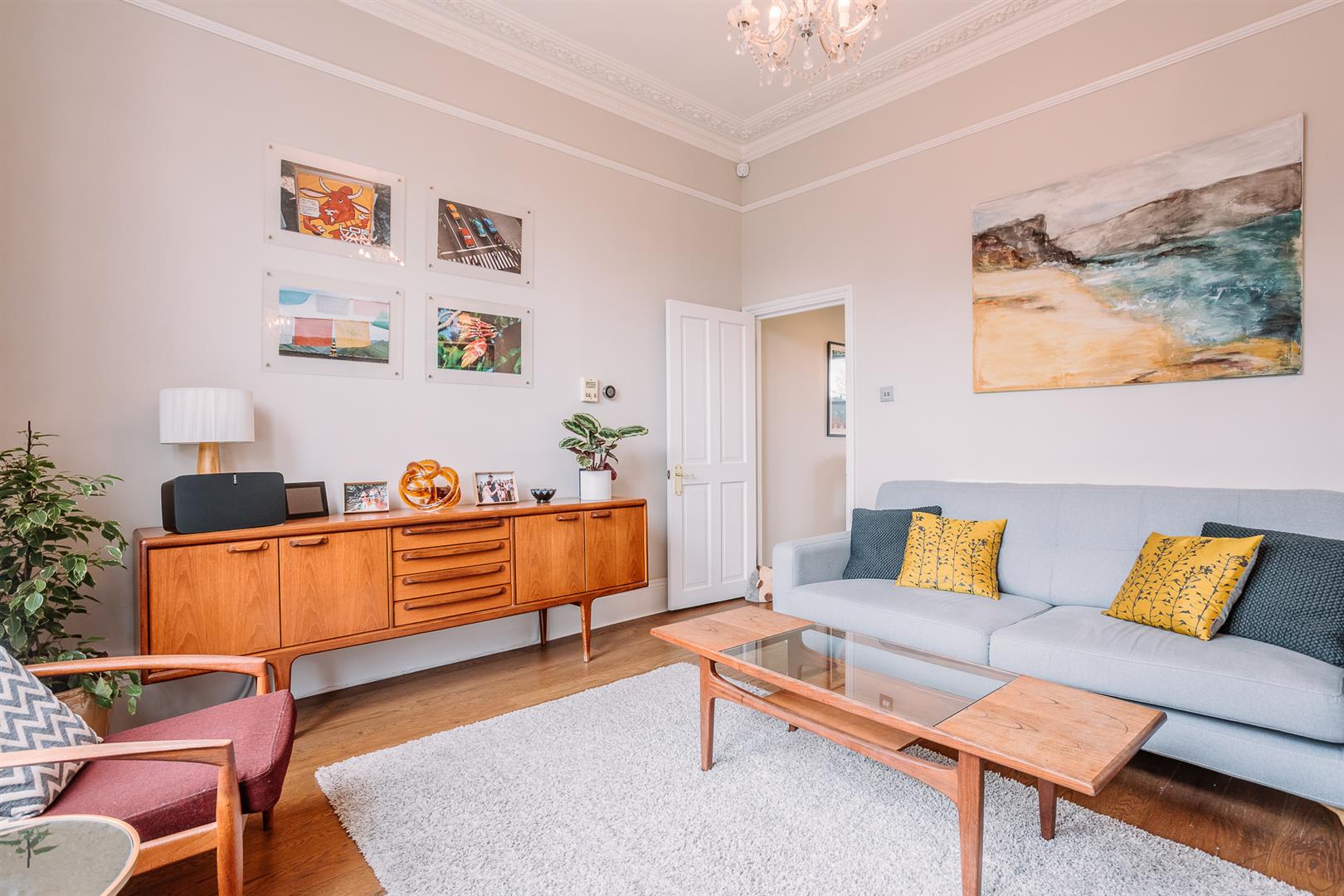
Food Scraps Are Your Friend
A compost bin doesn’t just help fight food waste and reduce greenhouse gas emissions, it also means your bins out front won’t pong or become a target for hungry foxes. Plus, the compost can be used to nourish your plants – because there’s nothing like a wilting pair of hanging baskets to ruin your curb appeal among green-fingered buyers. While a garden is a mega-win for some, thirsty shrubbery can be off-putting to anyone nervous about spiralling bills. Add a water butt to the mix and you’ll save water, shrink bills and keep the lawn looking fresh AF. Check if your local council provides a food waste collection or start your composting journey with Get Composting.
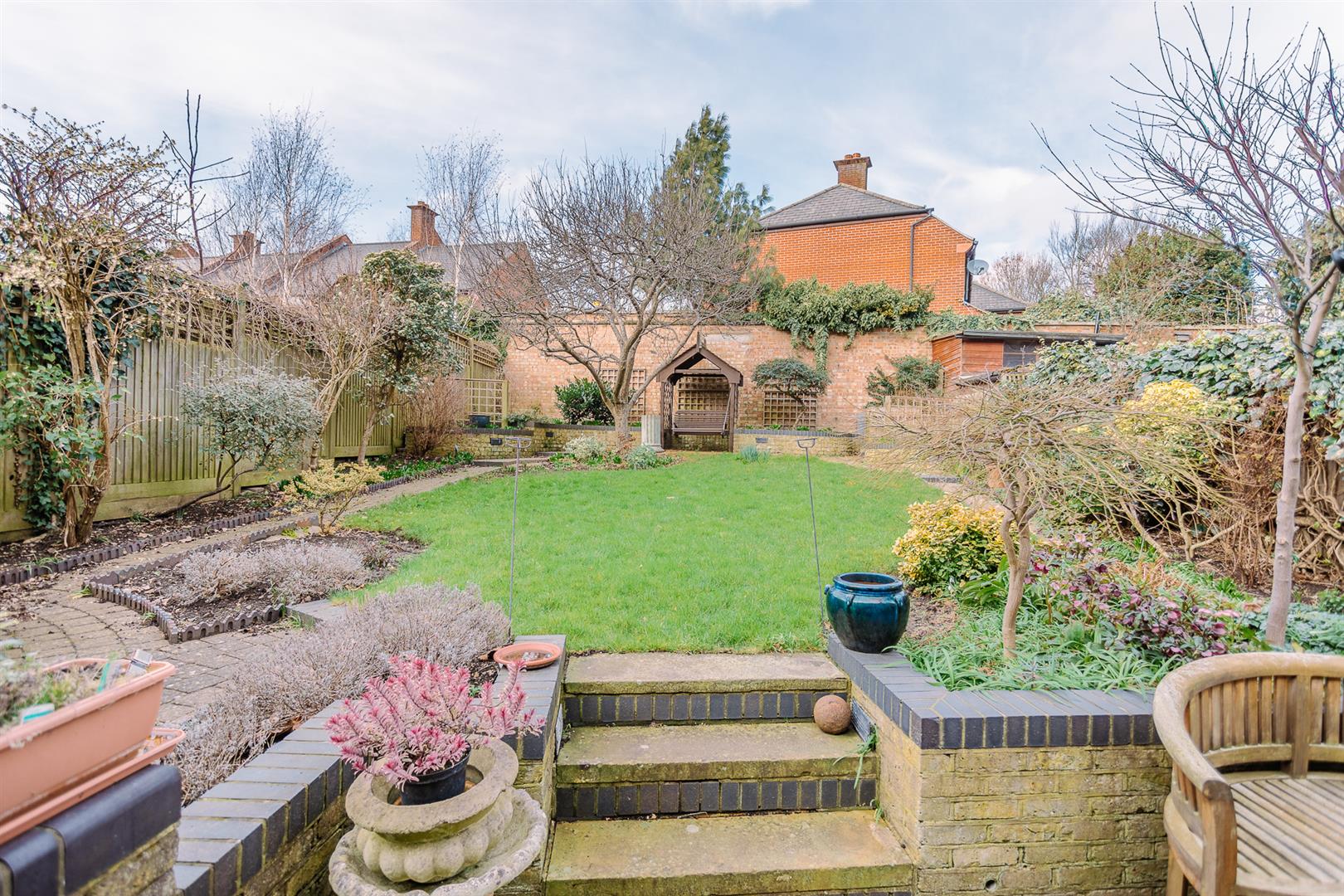
Smarten Up Your Home
It’s 2019 folks and smart thermostats are all the rage. Hive and Nest are good user-friendly options, allowing you to control your property’s temperature from the cinema/ supermarket/ office meaning less wasted energy and a shaving off your bills. Of course, the ultimate smart home is a solar powered one. But if you don’t have that kind of budget to blow, LED light bulbs and smart power strips are simple, sustainable swaps that can make a difference.
“Hive and Nest allow you to control your property’s temperature from anywhere, shaving those precious £’s off your bills.”
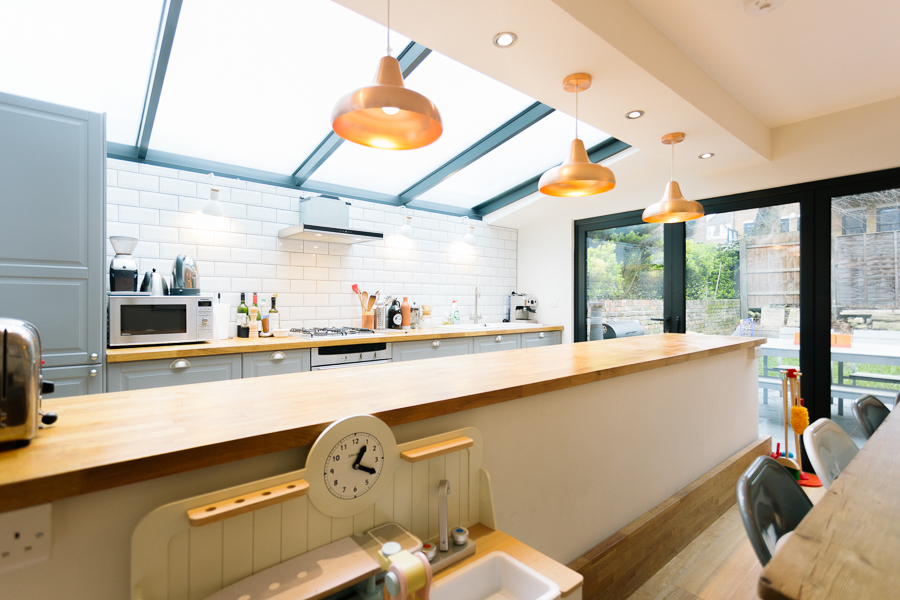
Keep Things Local
When renovating, choose local, vetted tradesmen and builders, and when marketing, choose a local, well trusted agent (that’s us FYI). Not only does this keep local businesses afloat, but it also reduces any travel-induced pollution.
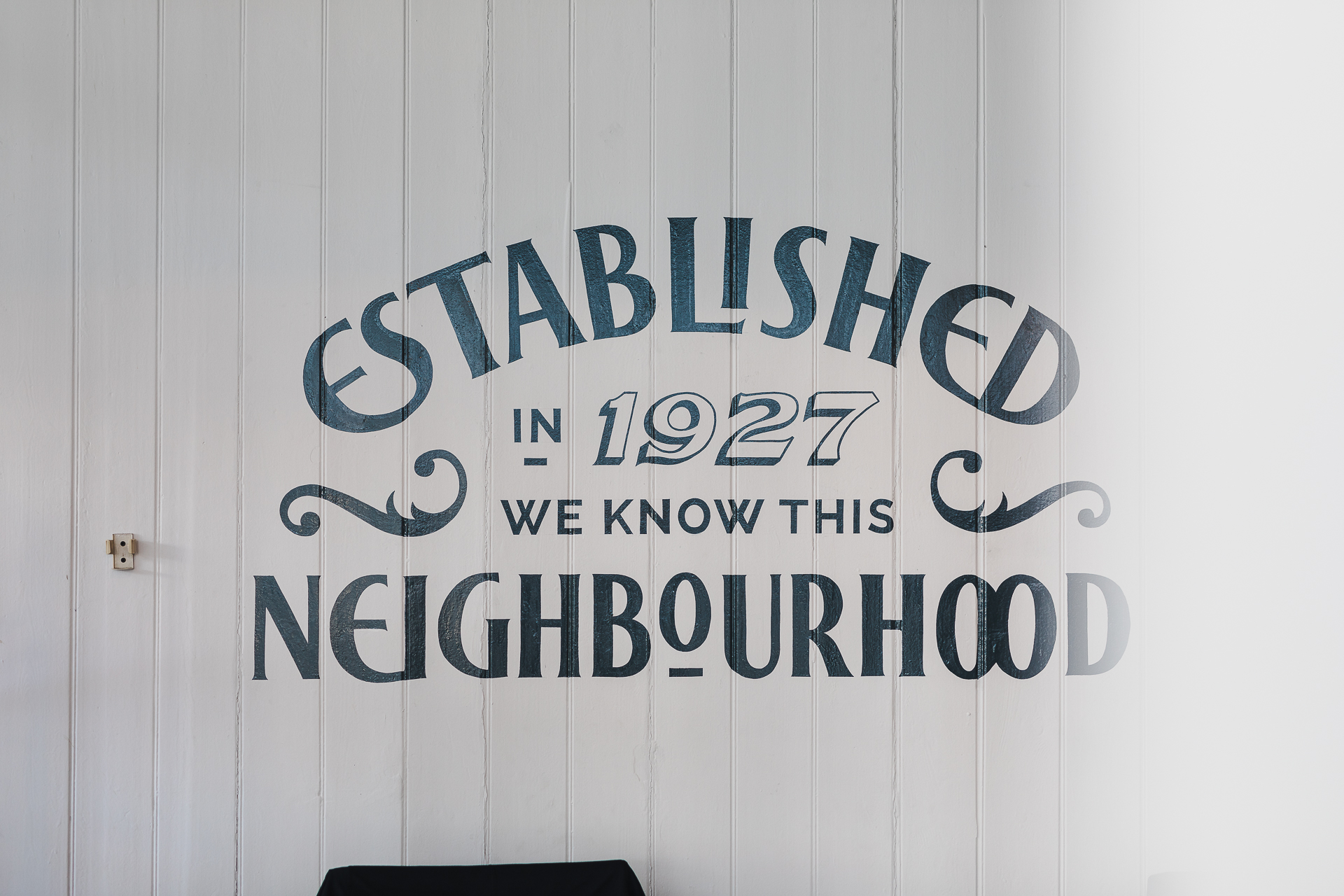
For more tips on how to make the jump to a more sustainable home, whether it be to enjoy it yourself or to maximise the value of your property for the sales or rentals markets, get in touch with our team. We offer a full property consultancy service, including advice on interiors and exteriors to make the most of your property. Perhaps you’d like us to publish an article on how on the other benefits of using smart home technology like Hive and Nest? Let us know on the contact details below.
mark@daviesdavies.co.uk – Sales Manager (contact for sales, new homes and surveying)
alex@daviesdavies.co.uk – Lettings Manager (contact for lettings and property management)
020 7272 0986
Davies & Davies Estate Agents, 85 Stroud Green Road, London, N4 3EG
Article by Kyra Hanson
Photography by Odera Okoye at Barefaced Studios

For many homeowners, the end of a fixed-rate mortgage deal arrives quietly, often marked by a letter from the lender and the realisation that monthly payments may soon increase. Remortgaging is simply the process of switching your existing mortgage to a new deal, either with your current lender or a different one, but the decisions involved can feel complex, particularly if it’s your first time navigating the process. Understanding how remortgaging works, when it makes sense, and how it fits into wider plans such as moving or releasing equity can help you approach the decision with confidence.
Read More...
One of the most common questions we’re asked by homeowners in North London is whether there’s a “best” time of year to put a property on the market. The short answer is: there are stronger and quieter months – but the right timing always depends on your circumstances and your local market. Understanding how buyer behaviour changes throughout the year can help you choose the moment that gives your property the best chance of attracting interest, securing viewings and achieving a successful sale.
Read More...
If you’ve been watching the property market like a curious North Londoner hawk, you may have spotted a theme: 2026 is shaping up to be a pivotal year for sellers. After a period of uncertainty in 2025, the housing market is rebounding, but it’s doing so with its own rhythms and nuances. For homeowners in North London and beyond, understanding what’s driving buyer confidence, how mortgage rates are evolving, and when demand tends to peak could make the difference between a smooth sale and a stalled one. So buckle in, sellers, we’re hitting the market…
Read More...Get in Touch
Opening Times
Mon – Thurs: 0900 – 1815
Fri: 0900 – 1800
Sat: 1000 – 1600
Sun: Appointments by request